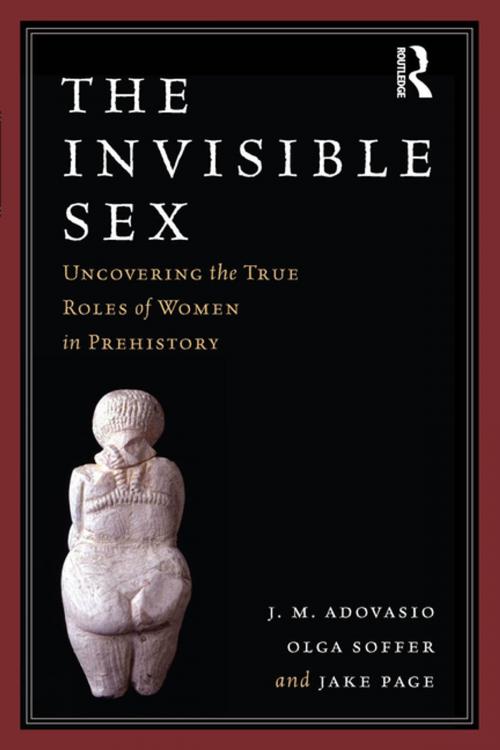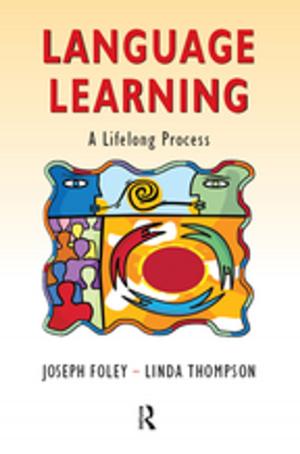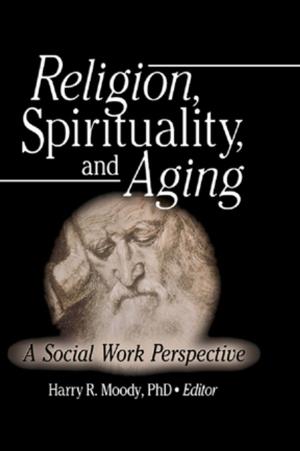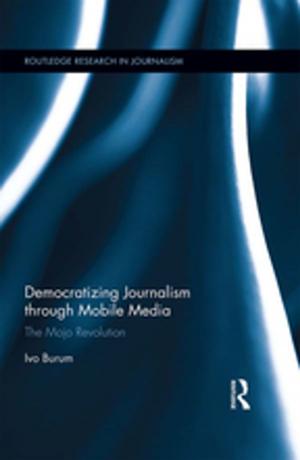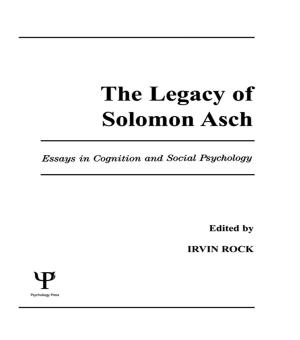The Invisible Sex
Uncovering the True Roles of Women in Prehistory
Nonfiction, Social & Cultural Studies, Social Science, Archaeology| Author: | J. M. Adovasio, Olga Soffer, Jake Page | ISBN: | 9781315418070 |
| Publisher: | Taylor and Francis | Publication: | September 16, 2016 |
| Imprint: | Routledge | Language: | English |
| Author: | J. M. Adovasio, Olga Soffer, Jake Page |
| ISBN: | 9781315418070 |
| Publisher: | Taylor and Francis |
| Publication: | September 16, 2016 |
| Imprint: | Routledge |
| Language: | English |
Shaped by cartoons and museum dioramas, our vision of Paleolithic times tends to feature fur-clad male hunters fearlessly attacking mammoths while timid women hover fearfully behind a boulder. Recent archaeological research has shown that this vision bears little relation to reality. J. M. Adovasio and Olga Soffer, two of the world's leading experts on perishable artifacts such as basketry, cordage, and weaving, present an exciting new look at prehistory. With science writer Jake Page, they argue that women invented all kinds of critical materials, including the clothing necessary for life in colder climates, the ropes used to make rafts that enabled long-distance travel by water, and nets used for communal hunting. Even more important, women played a central role in the development of language and social life—in short, in our becoming human. In this eye-opening book, a new story about women in prehistory emerges with provocative implications for our assumptions about gender today.
Shaped by cartoons and museum dioramas, our vision of Paleolithic times tends to feature fur-clad male hunters fearlessly attacking mammoths while timid women hover fearfully behind a boulder. Recent archaeological research has shown that this vision bears little relation to reality. J. M. Adovasio and Olga Soffer, two of the world's leading experts on perishable artifacts such as basketry, cordage, and weaving, present an exciting new look at prehistory. With science writer Jake Page, they argue that women invented all kinds of critical materials, including the clothing necessary for life in colder climates, the ropes used to make rafts that enabled long-distance travel by water, and nets used for communal hunting. Even more important, women played a central role in the development of language and social life—in short, in our becoming human. In this eye-opening book, a new story about women in prehistory emerges with provocative implications for our assumptions about gender today.
